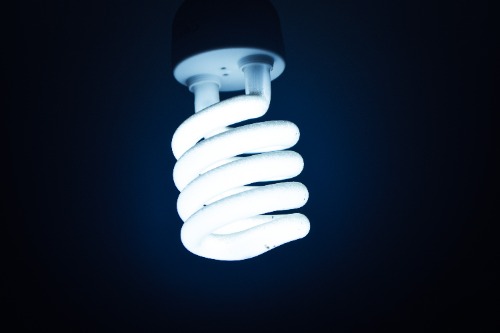By Koketso Mamabolo
With rising electricity prices and the ever-present threat of droughts, saving water and electricity is one of the best things you can do for your household. Not only will you save money that could be spent elsewhere, you will also be contributing to efforts to address climate change as our well of fossil fuels diminishes with each passing day. We collected some tips to help you save water and electricity.
ELECTRICITY
Fridges and freezers
Ideally your fridge should be set to 3 degrees Celsius. At this temperature perishable items will remain fresh without wasting power. Don’t use the fridge or freezers to full capacity. Only fill them around 90% and check the seals to ensure no air is coming in. You want to keep your fridge and freezer in a cool area, not exposed to the sun and away from stoves and ovens. Only open fridges and freezers when necessary.
Stoves and ovens
It’s tempting, but don’t open the oven until the food is done cooking. Besides ensuring the food cooks properly, it also saves on the cooking time and thus the amount of electricity. When cooking, match the pot to the plate. Use small pots on the small plates and large pots on the large plates. If you’re cooking something that takes a long time, consider using a pressure or slow-cooker. Don’t defrost food in the microwave, rather move it from the freezer to the fridge ahead of time to allow it to defrost slowly. For hot drinks, boil water in a kettle rather than on the stove.
Dishwashing machine
To avoid using the dishwasher more than necessary, wait until you have a full load of crockery and cutlery. You need to get familiar with the settings and the eco-function, which will do most of the energy saving work for you. Consider replacing older dishwashers with the latest models, which are engineered to use as little as possible.
Washing machines and tumble dryers
As with dishwashers, wait for a full load of laundry before using the washing machine. You also need to be familiar with the settings and match them with load. The hot water setting is best for really dirty laundry, otherwise always use cold water. Try and use a washing line on sunny days instead of tossing your wet laundry in the tumble dryer.
Geysers
Geysers can be the biggest users of electricity in your home and changing the way you use them can save you hundreds of rands. Try and have your geyser as close as possible to the places where you need hot water in your home, such as the bathroom. Wrap the geyser in a geyser blanket which will keep the water hot for longer. You can also insulate the pipes so that heat doesn’t escape through them. Consider installing a timer which will switch the geyser on and off so that it’s not using power when necessary. You can then wrap the geyser in a geyser blanket to keep the water hot for longer
WATER
Toilets
Try to only flush your toilet when it’s necessary and when you do, try to only flush with grey water, rain water and borehole or well-point water. Grey water is the water left from laundry, showers and baths. You can put a full glass bottle in your cistern to reduce the amount of water you use every time you flush. Try using less toilet paper as well.
Hygiene
It may take some time getting used to, but try short, stop-start showers. Turn the water on to wet yourself, then turn it off when you’re using soap, and turn it back on to quickly rinse yourself. Consider taking a sponge bath, and if you have to take a shower, try to collect the water and don’t let it run while you wait for it to get hot.
Laundry
As with saving electricity, wait until you have a full load before using a washing machine. Do as much hand washing as possible and use less soap to reduce the amount of water you need when rinsing clothes.
Swimming pools
The water in your pool evaporates and you can prevent this by ensuring that it stays covered when it’s not in use. When filling it up, don’t fill it all the way to the top, so as not to lose any water when it’s displaced. For your kids, consider a shallow shell pool and collect rainwater in a tank, which can be fed to your pool through pipes.
Garden
Use excess water you collect in the house for your garden. Watering cans use less water than sprinkler systems and water hoses. Water your plants well but less frequently if you’re using a hose. Remove invasive plants, replacing them with indigenous species and plants which use less water.
Sources:
https://www.eskom.co.za/eas/energy-saving-tips-energy-advisory-service-eskom/
https://resource.capetown.gov.za/documentcentre/Documents/Graphics%20and%20educational%20material/Water%20Saving%20Checklist%20to%20Avoid%20Day%20Zero.pdf


